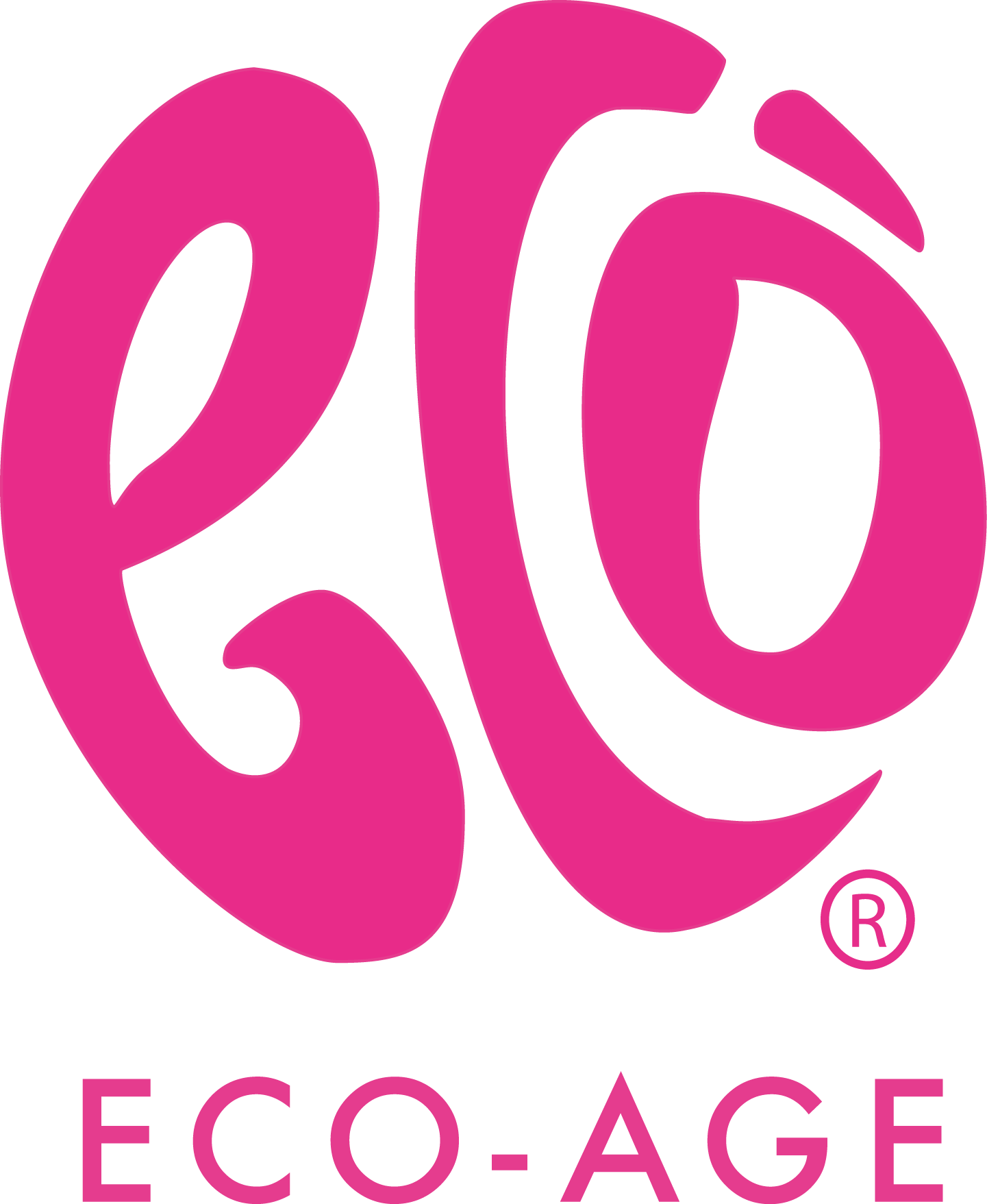

Eco Age Limited

London, United Kingdom
August 2022
Management consultant - for-profits
Service with Minor Environmental Footprint
Italy,
United Kingdom
Eco-Age is an end-to-end agency for sustainable business strategy. We are a vertically integrated, helping brands lower their impact on people and planet from the ground level—beginning with technical consulting services ranging from climate strategy to biodiversity mapping, supply chain analysis and beyond—through to media relations, corporate reputation, digital storytelling, and sustainable event production. Our teams in London and Milan combine evidence-based research and strategic analysis with creativity, passion, and innovation. The past ten years have seen us collaborate with NGOs, governments and changemakers across industries to become the leader of change in corporate responsibility. Today, through our ongoing advocacy work and high-profile events such as the Green Carpet Challenge, Green Carpet Fashion Awards and Renaissance Awards, Eco-Age is widely recognised as an authority in sustainability in the industry and beyond. Our digital channels are now an established platform for individuals and thought leaders to learn from our network of insiders and engage in the most relevant conversations in sustainability today.
Overall B Impact Score
Governance 17.1
Governance evaluates a company's overall mission, engagement around its social/environmental impact, ethics, and transparency. This section also evaluates the ability of a company to protect their mission and formally consider stakeholders in decision making through their corporate structure (e.g. benefit corporation) or corporate governing documents.
What is this? A company with an Impact Business Model is intentionally designed to create a specific positive outcome for one of its stakeholders - such as workers, community, environment, or customers.
Workers 26.7
Workers evaluates a company’s contributions to its employees’ financial security, health & safety, wellness, career development, and engagement & satisfaction. In addition, this section recognizes business models designed to benefit workers, such as companies that are at least 40% owned by non-executive employees and those that have workforce development programs to support individuals with barriers to employment.
Community 13.1
Community evaluates a company’s engagement with and impact on the communities in which it operates, hires from, and sources from. Topics include diversity, equity & inclusion, economic impact, civic engagement, charitable giving, and supply chain management. In addition, this section recognizes business models that are designed to address specific community-oriented problems, such as poverty alleviation through fair trade sourcing or distribution via microenterprises, producer cooperative models, locally focused economic development, and formal charitable giving commitments.
Environment 9.5
Environment evaluates a company’s overall environmental management practices as well as its impact on the air, climate, water, land, and biodiversity. This includes the direct impact of a company’s operations and, when applicable its supply chain and distribution channels. This section also recognizes companies with environmentally innovative production processes and those that sell products or services that have a positive environmental impact. Some examples might include products and services that create renewable energy, reduce consumption or waste, conserve land or wildlife, provide less toxic alternatives to the market, or educate people about environmental problems.
Customers 28.9
Customers evaluates a company’s stewardship of its customers through the quality of its products and services, ethical marketing, data privacy and security, and feedback channels. In addition, this section recognizes products or services that are designed to address a particular social problem for or through its customers, such as health or educational products, arts & media products, serving underserved customers/clients, and services that improve the social impact of other businesses or organizations.
What is this? A company with an Impact Business Model is intentionally designed to create a specific positive outcome for one of its stakeholders - such as workers, community, environment, or customers.